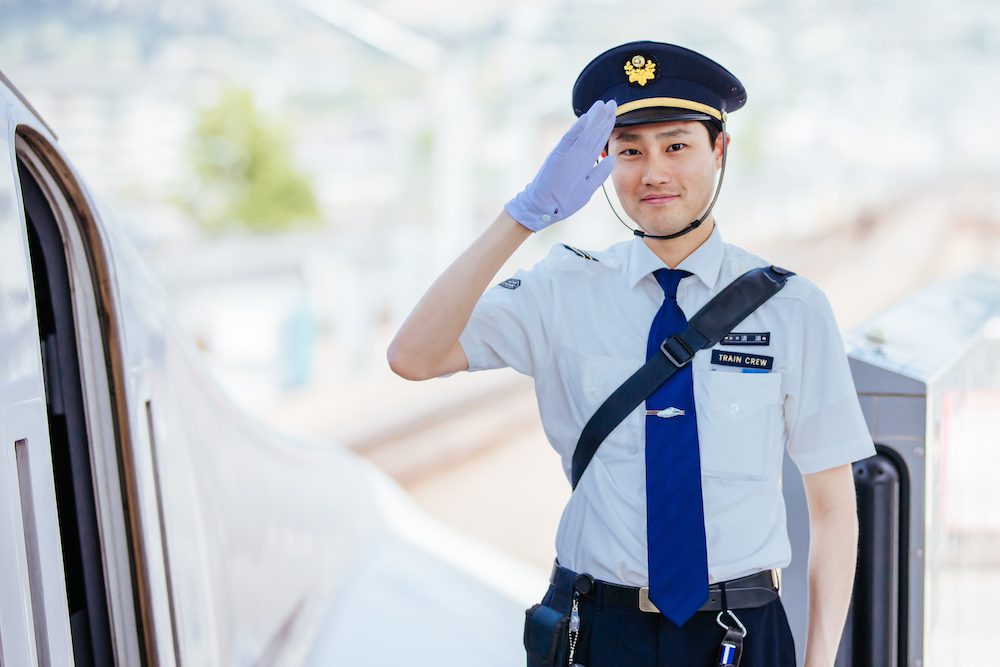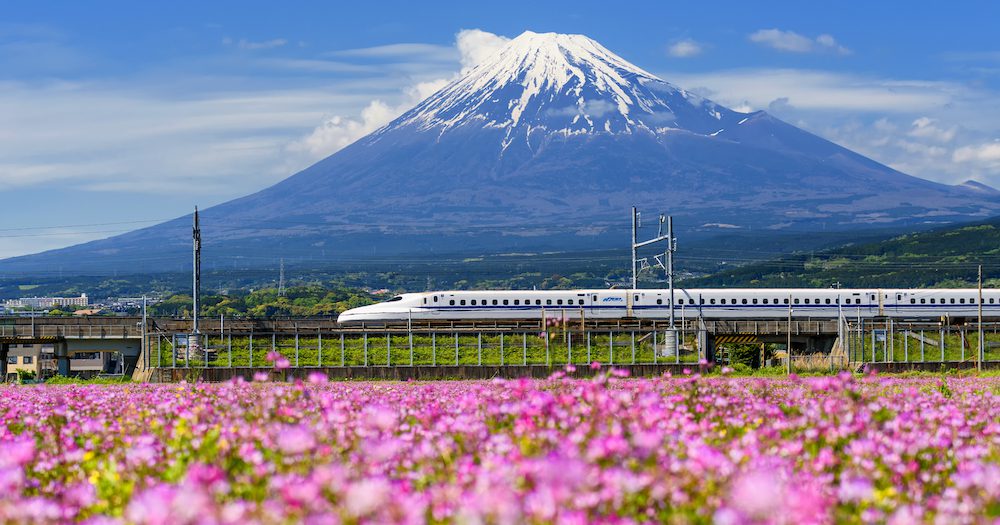Long considered the best way to get around Japan, rail travel with Japan Railways Group (JR Group) is about to get a whole lot pricier – but that doesn’t mean travellers won’t still be able to nab affordable train travel within the country.
JR Group recently announced rail travel will rise by more than 70 per cent from 1 October 2023, a move it attributes to a weak yen and rising overheads.
Consequently, for instance, the cost of a seven-day Rail Pass will grow 69 per cent from 29,650 yen (around AU$315) to 50,000 yen (approx. AU$530). The 14-day rail pass will also increase by 69 per cent, while the Green ‘first-class’ passes will rise by up to 77 per cent.
However, Japan travel specialist, InsideJapan believes the price hike won’t spell the end of rail as an economical way of getting around the Asian nation.
“This fare increase will no doubt impact visitors, with many itineraries just not getting the same value from a Rail Pass it currently does,” said Harry Sargant, trade sales Australian manager for Inside Travel Group, the parent company of InsideJapan and InsideAsia.
“Travelling on the Shinkansen ‘bullet train’ and using the extensive rail network is part of the unique Japan experience and will continue to be with many itineraries still depending on it, but it will just need to be approached in a different way.”
A rail pass alternative

The purchase of individual tickets is one way travellers can combat the price rise.
“Individual tickets are not only more cost-effective, but they are also more convenient for customers as there is no need to queue at stations to exchange the Rail Pass voucher,” Sargant said.
“Customers can also travel on the faster Shinkansen, which Rail Passes holders are prohibited from travelling on.”
While the latter is true, from 1 October Rail Pass holders will be able to use the faster shinkansen (Nozomi, Mizuho) if they purchase an add-on ticket for the sector where they want to use it. Currently, they don’t even have the option to do that.
Sargent also said, “for those agents that do purchase passes from suppliers, make sure you get them before the price hike. Passes are valid for three months allowing people to travel until the end of the year”.
According to InsideJapan, visitor numbers and bookings to Japan are “almost on a par with pre-pandemic levels” since the country reopened in September 2022. And it expects the numbers to grow further in Japan’s autumn and popular winter season through to the cherry blossom season in late March and early April.
The Japan National Tourism Organisation (JNTO) recently staged three successful agent events in Sydney, Brisbane and Auckland, facilitating educational and networking opportunities among 28 Japanese suppliers and a total of 346 travel advisors.
Earlier this year, it announced the appointment of Naoki Kitazawa to the Executive Director role in Sydney.





